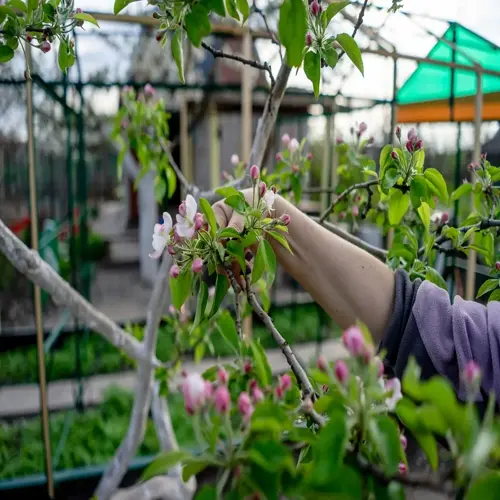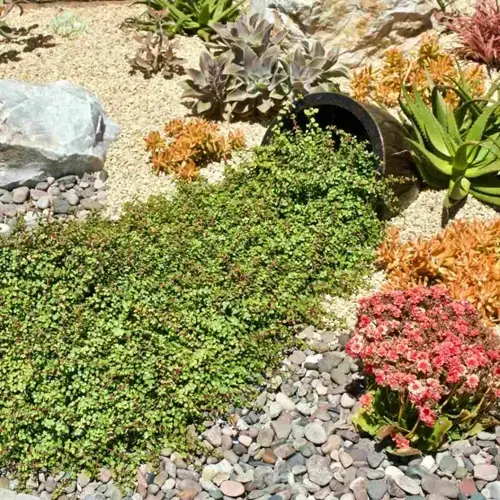How do edible flowers enhance garden ecosystems?

Written by
Michael Sullivan
Reviewed by
Prof. Samuel Fitzgerald, Ph.D.Edible flowers are beneficial to garden ecosystems, as they attract beneficial pollinators while repelling certain insects. For instance, marigolds repel nematodes while lavender sends deer into confusion with its strong scent. This enhances the ecological balance while creating a healthy situation in which pesticides are not needed, and also benefits vegetable products through the advantages of companion planting. Your garden becomes a self-sustaining habitat.
Bee Balm
- Pollinator: Attracts hummingbirds and bees
- Pest Control: Repels tomato hornworms
- Companion: Boosts tomato yields by 30%
Calendula
- Pollinator: Lures hoverflies for aphid control
- Soil Health: Suppresses harmful nematodes
- Companion: Protects root vegetables naturally
Borage
- Pollinator: Draws bees for better crop pollination
- Soil Enricher: Accumulates trace minerals
- Companion: Improves strawberry growth nearby
Use companion planting techniques effectively. Grow nasturtiums under fruit trees to control codling moth. Plant marigolds in the rows of tomatoes to fight root-knot nematodes. Edge vegetable bedding with chamomile to improve the oil yield of nearby herbs. Space flowers properly for air circulation and pest inspection.
Establish habitats with flowers that bloom successively for their pollinators. In early spring, plant crocus and hellebore. In the summer, plant lavender and echinacea. Finally, in the fall, provide asters and sedum. Ensure that shelter is available for these insects in the winter by using evergreens like rosemary.
Improve habitats beyond just planting. Provide shallow water sources with stones for insect drinking water. Install bee hotels to provide nesting for solitary species. Leave some patches undisturbed for ground nesting bees. Avoid all pesticides entirely. Rotate crops to maintain healthy soil and reduce pest populations.
Assess the improvements in the ecosystem. Observe increased fruit set in pollinator-dependent crops such as squash. Notice decreased pest damage without the use of chemical applications. Watch out for predator insects such as ladybugs, which control aphids, to be abundant. Enjoy the activity of the different pollinators that come each day.
Read the full article: 20 Edible Flower Varieties for Gourmet Gardens

